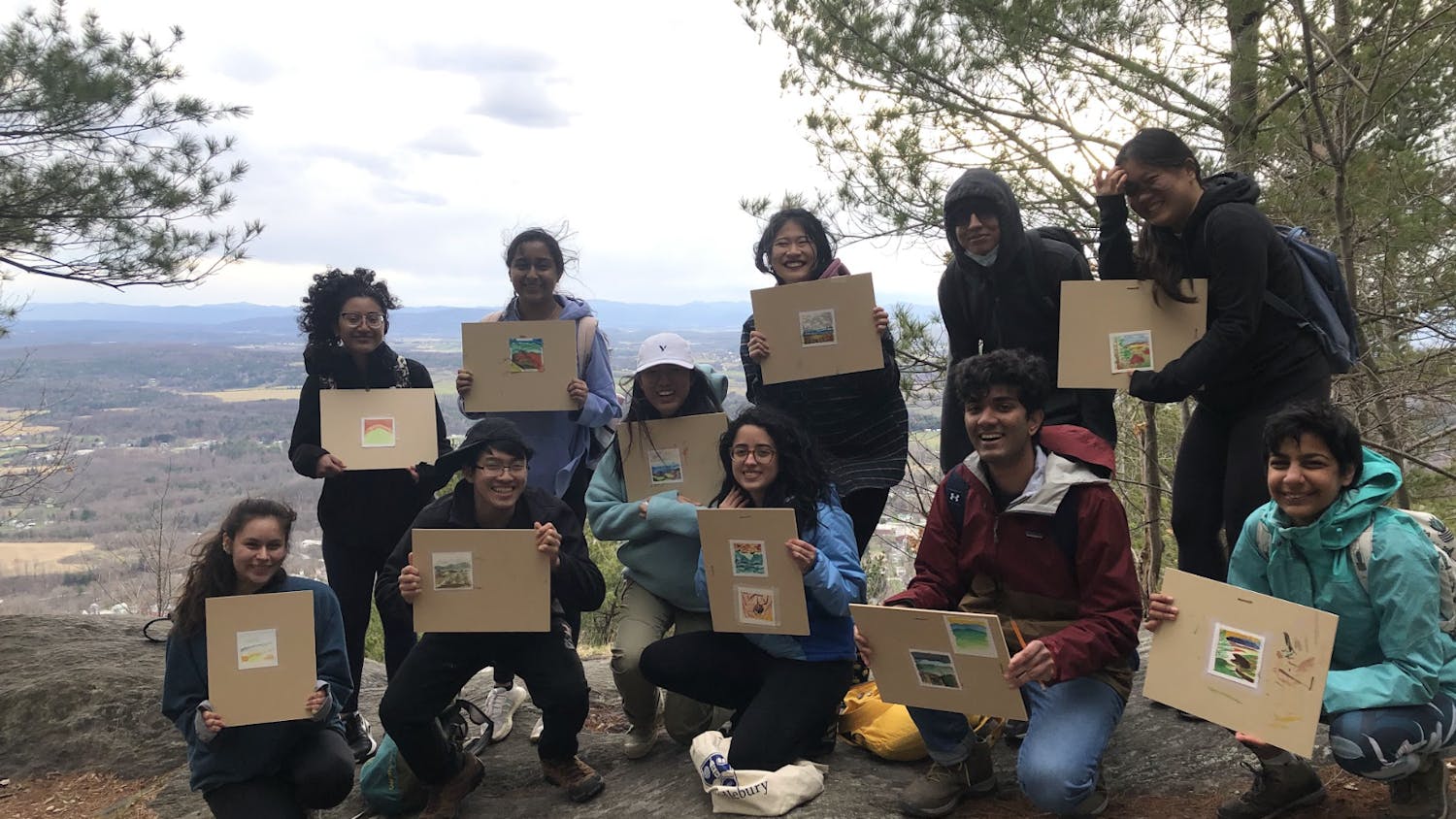On June 29, Burlington City Council voted in favor of the Racial Justice Resolution, which defunds the Burlington Police Department (BPD) and aims to increase its transparency and accountability.
This resolution is a response to the death of George Floyd and the subsequent protests against systemic racism and police brutality in the United States.
“Policing in the United States... continues to largely protect middle and upper-class White communities and their property, while over-policing BIPOC communities,” the resolution reads.
In response, the resolution requires BPD to decrease the total number of officers by 30 percent, from 105 to 74 officers. It allows officers to “elect of their own accord to retire or leave.” In the short term, the BPD predicts it will lead to a 22 percent decrease in officers.
Additionally, the resolution plans to reallocate police funds to other social safety organizations, such as mental health institutions and addiction specialists, to address the problem of over-policing.
It also reduces collaboration between Burlington school districts and the BPD after the 2021 Spring semester, ensuring that the police are not used for wellness calls and terminating full-time BPD School Resource Officers.
The BPD has expressed concern about the reduction of officers.
“The BPD cannot provide the same patrol services with 22 percent fewer patrol officers,” the department said in a statement. “22 percent of our current call volume is approximately 6,270 calls. [Officer reduction] should not happen before [creating] viable, effective alternatives that can answer the calls.”
The resolution also aims to increase police transparency by negotiating for a requirement that the BPD report the use of force and allowing the Police Commission access to demographic data on encounters between officers and citizens.
Burlington Mayor Miro Weinberger, who is a usually strong advocate of defunding the police, did not support the reduction of officers. In a press conference on the matter, he called for a further examination of the department from a third party.
The resolution itself calls for a review and assessment of the BPD by a joint committee of the City Council Public Safety Committee and the Police Committee. In addition, officers will also receive additional training to avoid racial biases and excessive use of force.
The resolution has support from racial justice activists and groups, including Justice for All and Vermont Racial Justice Alliance.
The Vermont Racial Justice Alliance calls it “the most comprehensive resolution on racial justice in history.” Mark Hughes, Executive Director of Justice For All, also refers to the resolution as a “historical milestone.”
“This is about transforming the lives of Black and Brown people by investing in their lives, by holding space for their culture, by providing them with opportunity and ensuring equity that they deserve to thrive,” said Hudges during a public forum.
The resolution argues that while systemic racism traces its roots deep into the nation’s history, Covid-19 has “exacerbated the impact of systemic racism” on the marginalized communities.
Defunding the Middlebury Police Department
Thomas Hanley, chief of the Middlebury Police Department (MPD), believes more discussion is necessary regarding policies involving defunding the police at Middlebury.
Hanley told The Campus that cutting the police budget will reduce the effectiveness of the department, “creating periods when no police are on duty.”
According to Hanley, “the MPD has one of the lowest police per capita ratios in the country, with 1.8 officers per 1,000 population.” The standard for rural communities is 3.5 per 1000, according to the FBI.
Currently, the MPD “receives anywhere from 4,500 to 7,000 calls per year, round the clock,” Hanley said. Among these calls, 4.5 percent are related to mental health and inebriates, he said.
Hanley believes that plans to defund the police must have a rigorous alternative to fill in the void created by a reduced police response. He questions their current ability to do so, given the lack of specification and planning from existing defunding policies.
“All agencies that come under the umbrella of a social service agency are either county-wide or state agencies,” he said. “Why would the taxpayers of Middlebury... provide services elsewhere?”
He also points out that social services already receive “supplemental funding from every town in Addison County.”
Hanley welcomes more discussion on the role of the police and the effects of diminishing the police.
“Do we want to remove the police from the pro-social model... trained to respond to any calls, or relegate them to being just an armed force to deal only with the most dangerous of situations, and only when they are on duty?” he asked.
However, Midd Cops Off Campus, a student activist group advocating for the removal of police presence on campus, disagrees.
“People have been thinking and writing about police defunding and how to do it with viable alternatives for years — in this moment that work is just being realised,” said the group. “People aren’t going into it blind. It’d be a gradual process [with] enough time for alternatives to be set up and functional.”
In a letter to President Laurie Patton, the group states that the “presence of police do not make our community safer, [but] perpetuates an unwelcoming culture of White supremacy.” The letter also accuses the Middlebury PD of “racially profiling and harassing... community members of color,” including Middlebury students and professors.

Florence Wu '22 is the multimedia editor specializing in photojournalism. She enjoys photography as a way of connecting with others, as well as recording special events and moments in her personal life. She is inspired by the works of Robert Frank, Joel Sternfeld, Alec Soth, Teju Cole, and Gregory Halpern. This year, she will be working on a photojournalism project on the lives of workers at the college and town of Middlebury. Feel free to contact her via email for photo, video or podcast ideas.



